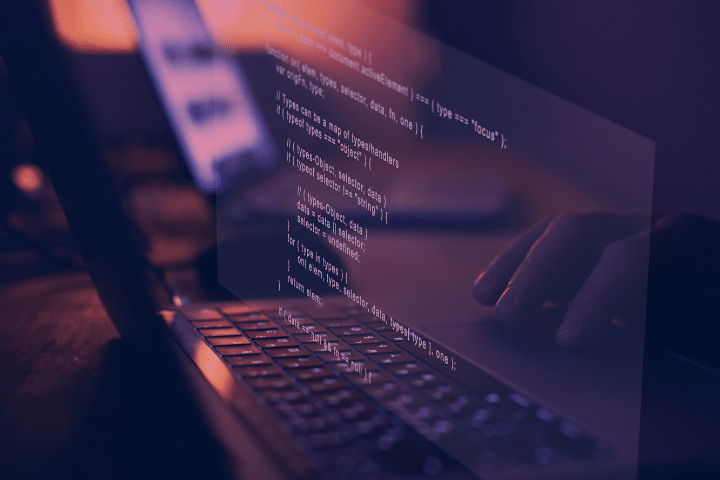Technological advancements have reached various sectors of the economy, and the construction industry is no exception. To illustrate, in recent years, the technologies implemented in this sector have been instrumental in streamlining various processes, thereby increasing the productivity of many companies. Want to delve deeper into this topic? Then join us – today, we’ll be discussing Digital Twins in the construction industry!
What is Digital Twins?
Among the technologies making this reality possible, it’s worth highlighting Digital Twins. For those unfamiliar, Digital Twins consist of a virtual replica of a physical object.
In the context of the construction industry, this technology allows the visualization of buildings, residences, and even highways through virtual replicas. But the benefits don’t stop there!
As the name suggests, Digital Twins, or digital counterparts, are virtual replicas identical to a physical object, aiming to provide crucial information about a particular product.
Thus, engineers, designers, and other professionals can more accurately assess the final result of the project and its entire life cycle. Beyond simulation, consumers can also test products and verify their usability, efficiency, and compatibility with their needs.
What are the applications of Digital Twins in the construction industry?
It can be applied in different contexts within the construction industry, ranging from a deeper understanding of a particular structure to an enhanced customer experience. An example is the construction of a residential building, where customers can interact with the virtual model to learn about the unique features and improvements made to the structure.
This applies not only to residences but also to malls, railways, or any other type of construction project that involves the construction industry and the need to apply technologies to enhance the efficiency of the process and user experience.
What are the benefits of Digital Twins in the construction industry?
When we discuss the application of technologies in the construction sector, numerous benefits in the process and project planning become apparent. Here are some examples:
Predictability of scenarios:
Through this technology, it is possible to more accurately predict the necessary conditions for the construction of a specific building, encompassing everything from labor to associated costs.
Process optimization:
Digital Twins involve various technologies that can be applied in construction processes, enhancing optimizations in a more intricate manner.
Cost reduction:
With this technology, you can determine the budget required to bring a project to market and the time needed for construction with minimal resource and time wastage.
Efficiency in process documentation:
Finally, Digital Twins provide a streamlined documentation flow for the entire construction process, offering greater traceability of expenses, purchased materials and tools, and the flow of buyers for that project.
In general, the application of Digital Twins brings numerous benefits to the construction process. When considering the broader context beyond the construction site, we can closely observe the positive impacts of this futuristic technology through artificial intelligence, the Internet of Things, and an architecture tailored to customer preferences.
What are the expectations for Digital Twins in the construction industry for the future?
Digital Twins are already capable of helping organizations stay ahead in digital transformation and market competitiveness. As mentioned earlier, these futuristic elements are crucial in adopting a construction process based on user-generated demand, preferences, customizations, and customer experiences.
This understanding means that construction companies can deliver their products and services more quickly, with higher quality and efficiency, from their functionalities to the extraction of information through the codes behind their infrastructure.
This type of technology will not be restricted to the construction industry alone; it can also be applied to sectors such as automotive, naval engineering, retail, petrochemicals, and healthcare. It is certainly a technology that cannot be halted and is already part of our reality.
It will be the necessary differentiator for your company to stand out in the market and attract an increasing number of customers across various aspects of your niche.
We hope that this content has been helpful in addressing your questions about Digital Twins applied to the construction industry. If you would like more information on the subject, feel free to contact the experts at Ubistart!




